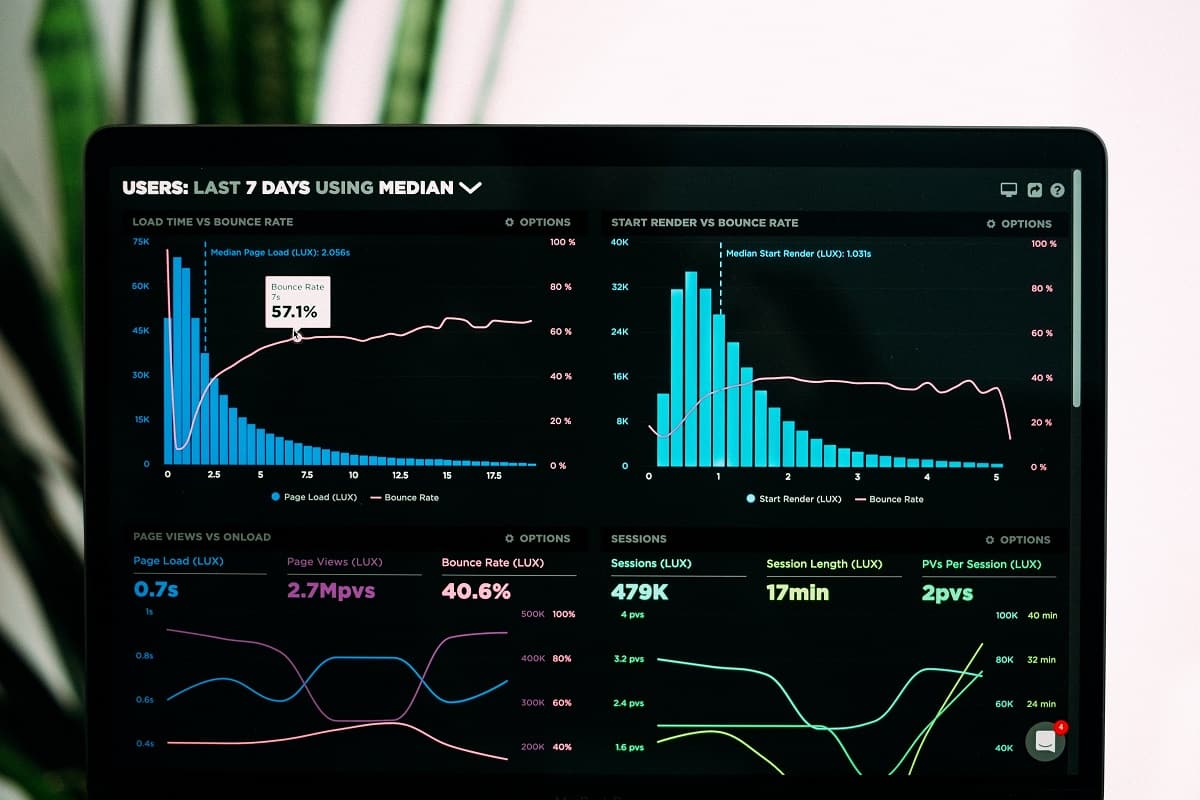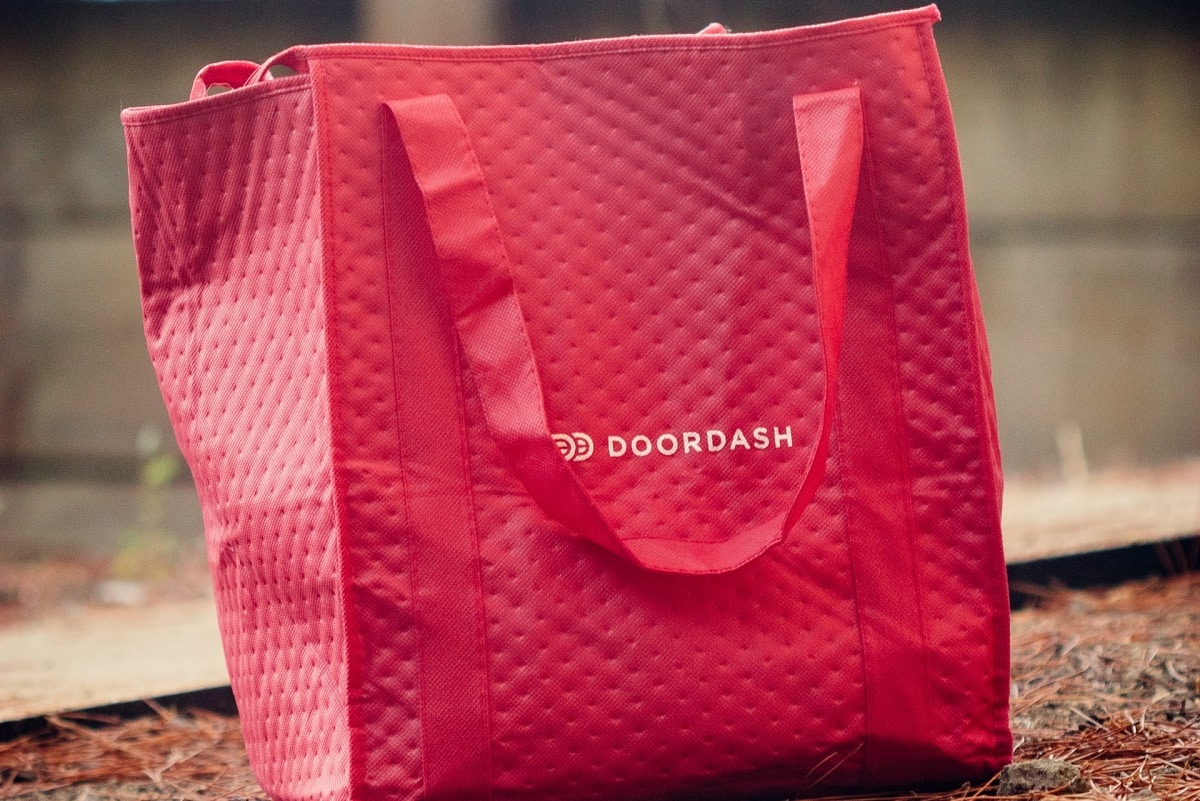Yelp is a crowd-sourced local business review and social networking platform founded in 2004 by Russel Simmons and Jeremy Stoppelman. Based in San Francisco, California, Yelp aggregates consumer reviews of restaurants, retailers, nightclubs, entertainment, hospitals, service providers, and more.
Users submit their reviews of products or services offered by businesses on dedicated pages on yelp.com. The site uses a five-star rating scale and thumbs-up or thumbs-down to capture consumers’ sentiments.
In 2020, the company attracted 43 million unique visitors and generated $849 million in revenues. Yelp has more than 3,900 employees and around 206.3 million reviews on its business listing pages.
In Aug 2021, Yelp introduced “Proof of vaccination required” and “Staff fully vaccinated” attributes to help consumers make informed decisions in this trying time. [1]
The biggest challenge facing online review platforms is credibility issues. In the past, businesses have suffered immense losses and reputational damage due to an influx of negative reviews from competitors or insidious characters online.
Yelp uses automated systems and human moderators to weed out false reviews. The company also temporarily blocks users who violate its guidelines. From Jan to Aug 2021, Yelp placed over 100 Unusual Activity Alerts on the pages of businesses that seek to exploit the health crisis and removed nearly 4,500 false reviews.
Yelp mitigates risks more effectively than its competitors. Its hands-on approach and robust features set it apart from its top competitors and alternatives. [2]
Here is an in-depth analysis of top Yelp’s competitors and alternatives:
1. Google Search
Year founded: 1997
Headquarter: Mountain View, California
Google is the world’s leading search engine with a 92% share of the global search engine market. This service is provided by Google Inc. and processes over 3.5 billion searches daily. It is Google’s most lucrative unit and the most-visited website globally. With $104 billion in revenues in 2020, Google Search contributed 57% of Alphabet’s total revenue and 71% of Google’s ad revenues. [3]
Google and Yelp have a long history that goes back to Yelp’s founding in 2004. As a startup, Yelp benefited from a high Google search ranking. The relationship soured Google began expanding local search capabilities.
Google promoted its listings above Yelp. Unlike Yelp, Google offers reviews and additional business info such as contacts, photos, and more. Showcasing all this information to potential customers is enticing for local businesses, increasing Google’s advantage over Yelp. Google is the fiercest competitor Yelp has ever faced since its founding. [4]
2. Bing
Year founded: 2009
Headquarter: Redmond, Washington
Bing is Microsoft’s web search engine. It is the second most popular search engine after Google, with 36.96% of the US market. The service allows users to search for products on the web using text, videos, images, and maps. In the 2020 fiscal year, Bing generated $7.74 billion in revenues from search advertising.
Yelp has been Bing’s partner and primary source of trusted consumer reviews for its local search pages. But the relationship has turned sour over the years as Microsoft seeks to increase Bing’s capabilities.
In Feb 2021, Bing dropped Yelp as its primary review source in favor of Facebook reviews. This move will reduce Yelp’s market share and undercut its competitiveness over Bing. As a subsidiary of Microsoft, Bing has enough resources to give Yelp a run for its money. Without the partnership, Microsoft Bing is now Yelp’s competitor. [5]
3. Facebook Recommendations
Year founded: 2004
Headquarter: Menlo Park, California
Facebook is the world’s most popular social media and social networking service, with over 2.85 billion monthly active users. The platform has more than 340 million users in India, 200 million in the US, 140 million in Indonesia, and 130 million in Brazil.
In 2020, Facebook’s revenue increased by 21.6% to $85.96 billion. The company’s digital ad unit is the main income generator.
Facebook had reviews on its platform but transformed the feature into recommendations. Unlike Yelp’s five-star rating, Facebook poses the question “Do you recommend this business?” to users. Then, users simply answer yes or no.
About 98.5% of users access Facebook via mobile devices. So, Facebook Recommendation is more accessible to the masses than Yelp. With over 2.2 billion users, Facebook is enticing for businesses that seek to build brand awareness globally. Facebook Recommendation is one of Yelp’s top competitors and alternatives. [6]

4. Zagat
Year founded: 1979
Headquarter: New York, New York
Zagat is a review and rating service that collects and correlates the ratings of restaurants by diners. In 2011, Google acquired Zagat for over $150 million and integrated it into Google’s Geo and Commerce group. Google improved Zagat’s interface, restaurant recommendations, and location-based searches.
In 2018, Google sold Zagat to The Infatuation for an undisclosed amount. The Infatuation produced a Zagat guide in Nov 2019 to mark its 40th anniversary. In Jan 2021, Zagat was relaunched in Miami as a digital guide. The new Zagat app uses a 10-point scale to rate restaurants. Zagat is the best Yelp alternative for restaurant recommendations and reviews. [7]
5. TripAdvisor
Year founded: 2000
Headquarter: Needham, Massachusetts
TripAdvisor is the world’s largest travel platform, with more than 859 million reviews and opinions of 8.6 million businesses. Unlike Yelp, TripAdvisor has a website and an app. Around 463 million travelers use this online service per month to book hotel rooms, transportation, and experiences.
In 2019, TripAdvisor generated $1.56 billion in revenues. But the company’s revenues dropped to $604 million in 2020 due to travel restrictions.
Both Yelp and TripAdvisor offer consumer reviews of restaurants. But TripAdvisor covers all businesses in the hospitality sector, including accommodations, restaurants, experiences, airlines, and cruises.
In Jun 2021, the company launched TripAdvisor Plus. This travel subscription service costs $99 per year and offers subscribers discounts on stays at more than 100,000 hotels globally. With this service, customers can save around $350 per stay. TripAdvisor is a formidable Yelp competitor and the best alternative for travelers and travel agencies. [8]
6. Angi (Formerly Known as Angie’s List)
Year founded: 1995
Headquarter: Indianapolis, Indiana
Formerly known as Angie’s List, Angi is an online directory and home services website. The site publishes crowd-sourced reviews. Like Yelp, Angi users can post reviews of local businesses and contractors. In 2020, Angi’s annual revenue increased by 10.7% to $1.47 billion.
In Mar 2021, Angie’s List rebranded its online directory to Angi, and its parent company switched from ANGI Homeservices to Angi Inc. The company redesigned its website to allow consumers to connect with contractors, book home services, and make payments in a single platform.
Angi also launched a new app to capture more of the $500 billion home services addressable market. These changes increase Angi’s competitive advantage over Yelp. The platform has around 250,000 businesses for hire, which attracted more than 18 million US households in 2020. Angi is the best Yelp alternative for home improvement services. [9]
7. Nextdoor
Year founded: 2008
Headquarter: San Francisco, California
Nextdoor is a social media app with a recommendation feature like Facebook. The platform caters to local businesses in neighborhoods and allows users to organize events and share information. In the last two years, Nextdoor’s valuation has more than doubled from around $2 billion in Sept 2019 to $4.3 billion in 2021.
In Jun 2021, Nextdoor announced that it is going public in a $4.3 billion SPAC merger. The deal will increase its gross proceeds by $686 million and boost its competitive advantage over Yelp. In 2020, Nextdoor’s daily active users grew by 50%.
The platform is now used by more than 275,000 neighborhoods around the world. In the US, nearly 1-in-3 households used Nextdoor. These figures will increase further once the company goes public. Nextdoor is the best alternative to Yelp for small neighborhood businesses. [10]
8. Yellow Pages
Year founded: 1966
Headquarter: National and Regional Offices
Yellow Pages offer a directory with contacts and reviews of businesses in different sectors. Before the Internet age, consumers relied on the yellow pages to find business information. It has evolved over the years from printed paper to online listings.
In many countries, the national telephone company owns and operates the nation’s yellow pages. Canadian Yellow Pages is one of the most profitable and integrated directories worldwide.
In 2020, Canadian Yellow Pages Limited generated around $107 million in revenues. Online yellow pages globally allow users to post reviews and star ratings. But Yelp offers more reviews of businesses than Yellow Pages. [11]
9. HomeAdvisor
Year founded: 1998
Headquarter: Denver, Colorado
HomeAdvisor is a digital marketplace that connects homeowners with home improvement service providers. The platform allows users to find and choose local home service professionals based on cost and reviews of their previous clients.
Homeowners can access HomeAdvisor via its website or mobile app. The company has 2,000 employees, about half Yelp’s workforce.
HomeAdvisor publishes its True Cost Report annually. This report breaks down the costs of home projects to help homeowners make informed decisions. Its 2021 True Cost Report analyzed the impact of how current issues on home improvement costs.
HomeAdvisor is a subsidiary of ANGI Inc., one of Yelp’s top competitors. HomeAdvisor is the best Yelp alternative for homeowners and home improvement businesses. [12]
10. Groupon
Year founded: 2008
Headquarter: Illinois, Chicago
Groupon is an online marketplace that connects subscribers with local merchants. The platform is accessible via a website and mobile app and offers coupons, cashback, and group deals on products and services in around 15 countries. In 2020, Groupon’s annual revenue was $1.417 billion.
Both Yelp and Groupon help local restaurants, retailers, and manufacturers promote their business to potential customers. According to stats, Yelp’s enterprise value (EV) is 1.8 times its sales, while Groupon’s EV is 0.8. A lower EV/sales multiple gives Groupon an edge over Yelp. Unlike Yelp, Groupon is facing less competitive pressure from giants like Google and Facebook. Groupon’s unique positioning makes it a worthy Yelp competitor. [13]
References & more information
- Jones, Z. (2021, Aug 5). Yelp to allow users to filter businesses based on vaccination requirements. CBS News
- Perez, S. (2021, Aug 5). Yelp adds tools that let businesses share their COVID policies related to vaccines. Tech Crunch
- Graham, M. (2021, May 18). How Google’s $150 billion advertising business works. CNBC
- Newton, C. (2020, Aug 26). Yelp’s lonely fight to promote competition is suddenly getting a lot more popular. The Verge
- Batt, S. (2021, Feb 16). Microsoft Bing Ditches Yelp for Facebook Reviews. MUO
- SRD (2021, Aug 2). Countries with the most Facebook users 2021. Statista
- O’Brien, P. (2021, Apr 22). Zagat is Back — but it’s Digital and Only in Miami! W42ST
- El-Bawab, N. (2021, Jun 16). TripAdvisor launches a service that it says offers bigger discounts on hotels, flights. CNBC
- Clifford, T. (2021, Mar 17). Angie’s List is rebranding as a one-stop-shop for home improvement services. CNBC
- Singh, P. (2021, Jul 6). Nextdoor to go public as CEO looks toward expansion. CNBC
- Canada Newswire (2021, Apr 23). Yellow Pages Limited Announces the Full Repayment of its Exchangeable Debentures. TMX Money
- HomeAdvisor (2021, Feb 23). HomeAdvisor Breaks Down Cost in Relaunch of Annual True Cost Report. PR Newswire
- Jhonsa, E. (2020, Dec 18). Groupon and Yelp could do much better in 2021 than markets expect. Real Money
- Featured Image by Eaters Collective













Add comment